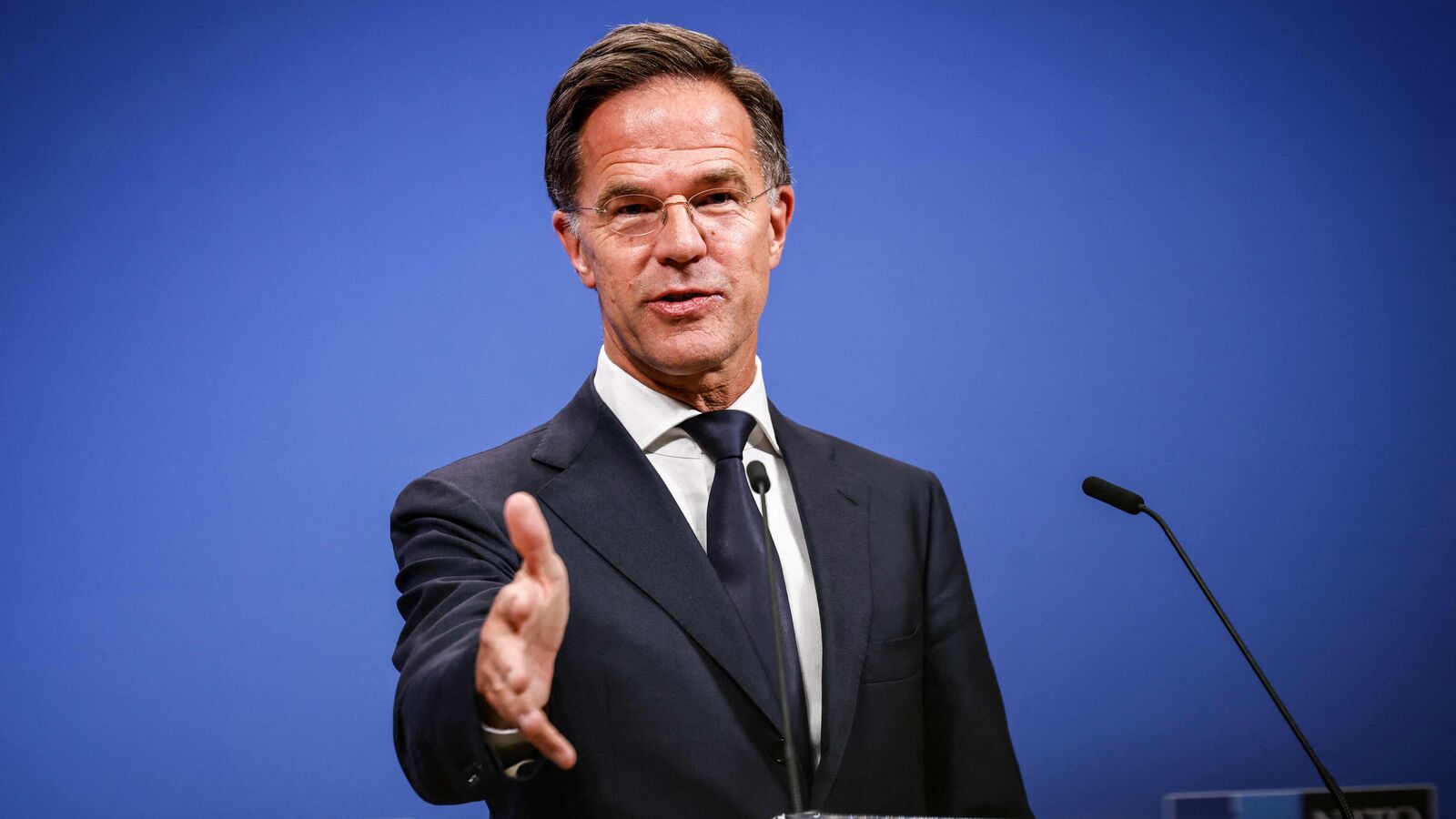NATO has unveiled a major new defensive initiative, codenamed “Eastern Sentry,” in direct response to what officials have described as a “dangerous and unacceptable” Russian drone incursion into Polish territory earlier this week.
The operation, announced by NATO Secretary General Mark Rutte on Friday, will begin within days and is designed to bolster the alliance’s eastern flank amid rising tensions with Moscow. Forces and equipment from Denmark, France, Germany, the United Kingdom, and other allied nations will participate.
“Eastern Sentry will add flexibility and strength to our posture and make clear that, as a defensive alliance, we are always ready to defend,” Rutte said.
The initiative comes just days after multiple Russian drones breached Polish airspace, an incident that Warsaw has classified as a deliberate act of aggression.
Polish Prime Minister Donald Tusk described the event as an “attack”, directly contradicting US President Donald Trump’s suggestion that the incursion may have been accidental.
“We would also wish that the drone attack on Poland was a mistake. But it wasn’t. And we know it,” Tusk stated in a post on social media.
According to Polish officials, up to 21 drones were launched by Russia on Wednesday, with 19 confirmed violations of Polish airspace, many originating from Belarus. Sixteen drones were subsequently recovered, their debris scattered across hundreds of square miles.
Marcin Przydacz, head of Poland’s presidential International Policy Office, revealed that some drones may have crossed in and out of Polish territory multiple times, complicating efforts to track them.
US General Alexus Grynkewich, NATO’s Supreme Allied Commander Europe, emphasised that Eastern Sentry will deploy a range of integrated defence capabilities, including enhanced surveillance, ground-based air defences, and rapid information-sharing between allied forces.
“The operation will be flexible and agile, covering the entire eastern flank, from the High North to the Black Sea and the Mediterranean,” Grynkewich explained. “Across the eastern flank, we’ll constantly adjust and change our posture in a manner that keeps the adversary off guard but also responds to specific threats as we see them emerging.”
Initial assets include two Danish F-16 fighter jets and an anti-air warfare frigate, three French Rafales, and four German Eurofighter jets, according to NATO’s official statement.
The operation is modelled on the earlier “Baltic Sentry” mission, launched earlier this year following sabotage incidents involving undersea infrastructure in the Baltic Sea.
The airspace breach has sparked intense diplomatic backlash.
At the UN Security Council meeting on Friday, the US and dozens of other nations issued a joint statement condemning Russia’s actions.
“Such a provocation is profoundly disrespectful toward the collective and tireless efforts of the international community to bring an end to the war and to restore peace and stability in accordance with international law,” said Marcin Bosacki, Poland’s Secretary of State, speaking from New York.
Dorothy Shea, the US Ambassador to the UN, accused Russia of showing “immense disrespect” for international peace efforts, citing both its strikes on Ukraine and the violation of Polish sovereignty.
Russia, however, denied all allegations. Its UN envoy, Vasily Nebenzya, argued that the drones in question lacked the range to reach Poland, accusing Warsaw of “hastily blaming” Moscow without evidence.
In a parallel diplomatic move, French Foreign Minister Jean-Noël Barrot summoned Russian Ambassador Alexey Meshkov in Paris, with Meshkov “categorically rejecting the unfounded accusations”, according to Russian state media TASS.
Rutte stressed that while NATO’s assessment of the Russian drone incursion on Poland remains ongoing, the alliance cannot afford complacency.
“Whether or not Russia’s actions were deliberate, Russia violated NATO airspace. Therefore, we must, as NATO, make clear our resolve and our ability to defend our territory,” he said. “And that is exactly what Eastern Sentry is designed to do.”
General Grynkewich echoed this message, underlining NATO’s commitment to collective defence:
“Although the immediacy of our focus is on Poland, this situation transcends the border of one nation. What affects one ally affects us all,” he said.
The launch of Eastern Sentry underscores the growing instability along NATO’s eastern border and the alliance’s determination to deter further Russian provocations.
The operation’s scope, spanning from the Arctic regions to the Mediterranean, reflects a comprehensive defence strategy intended to protect NATO member states against a broad spectrum of threats.
As the situation unfolds, NATO leaders are signalling that any future violations of allied airspace will be met with swift and decisive action — a message aimed squarely at Moscow as tensions continue to mount in Eastern Europe.
